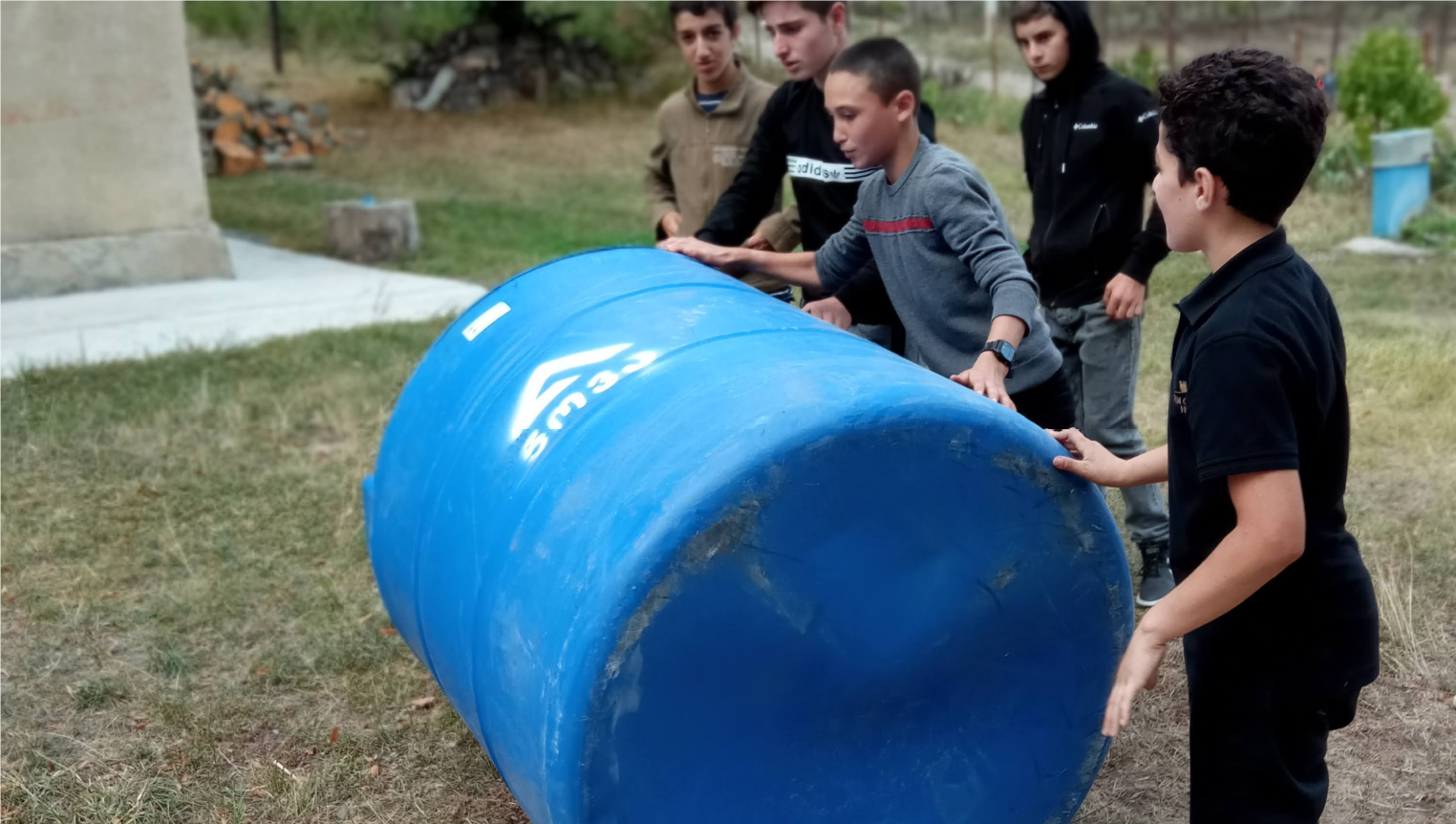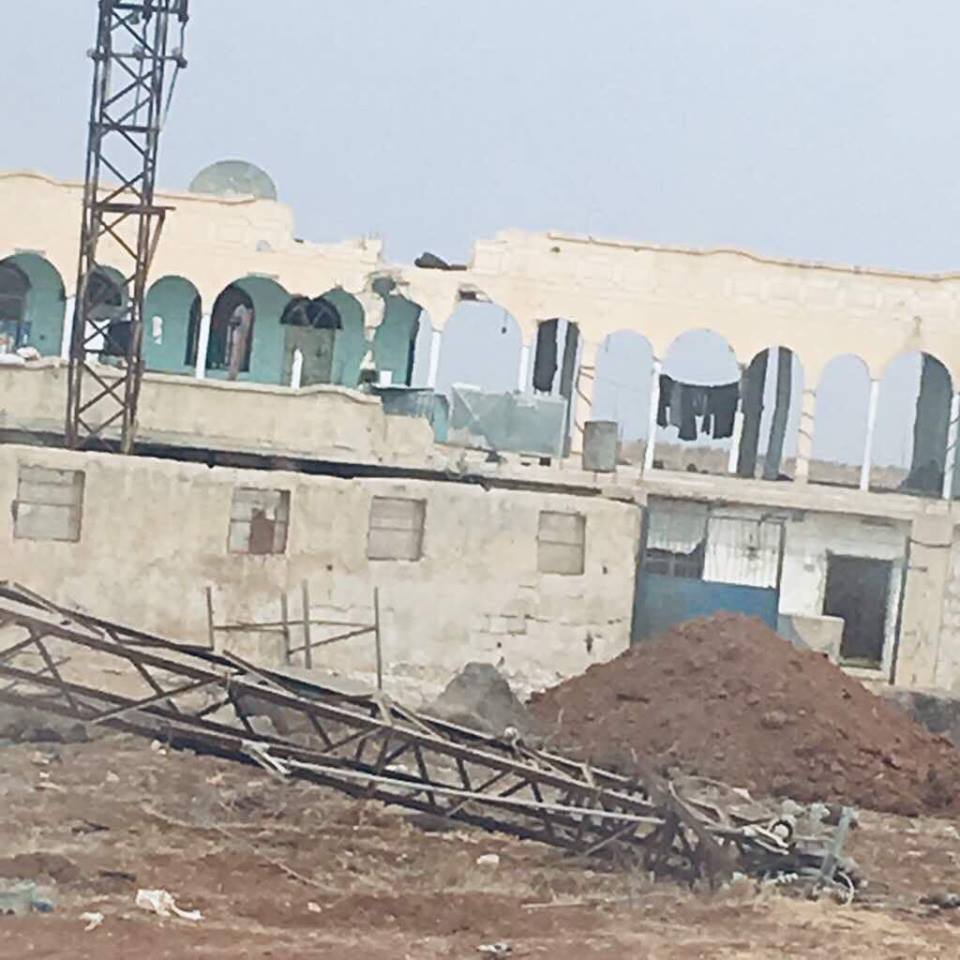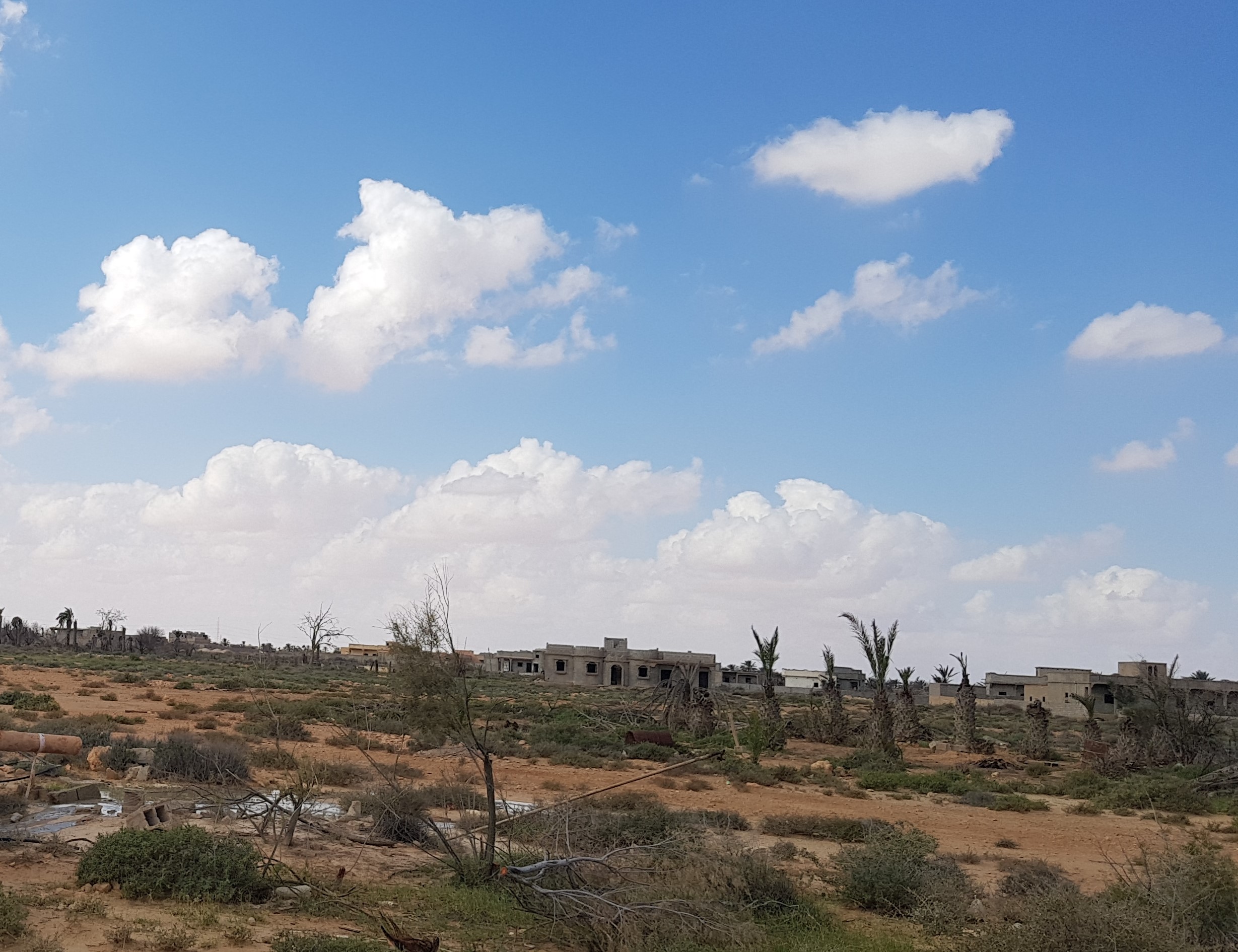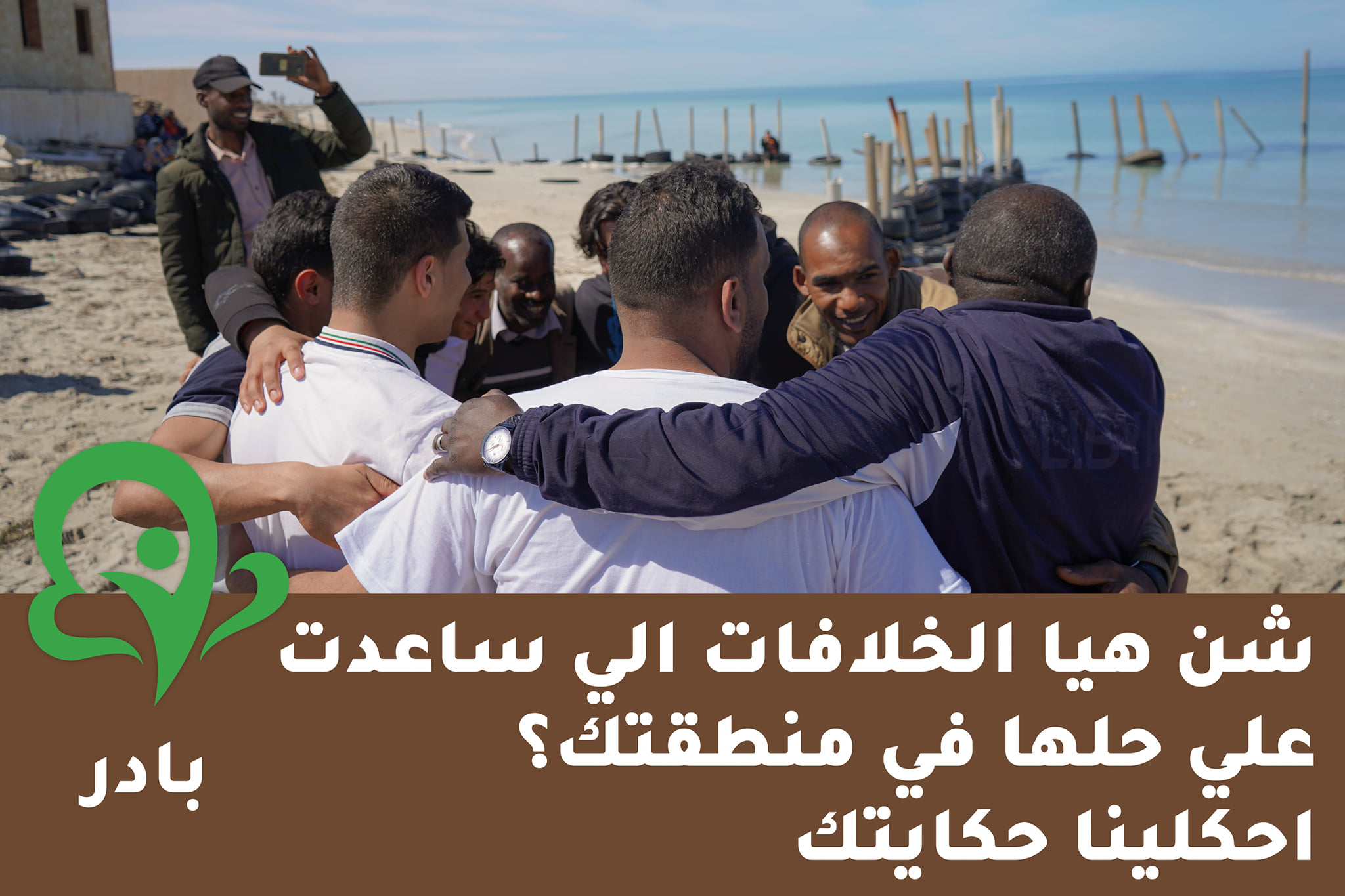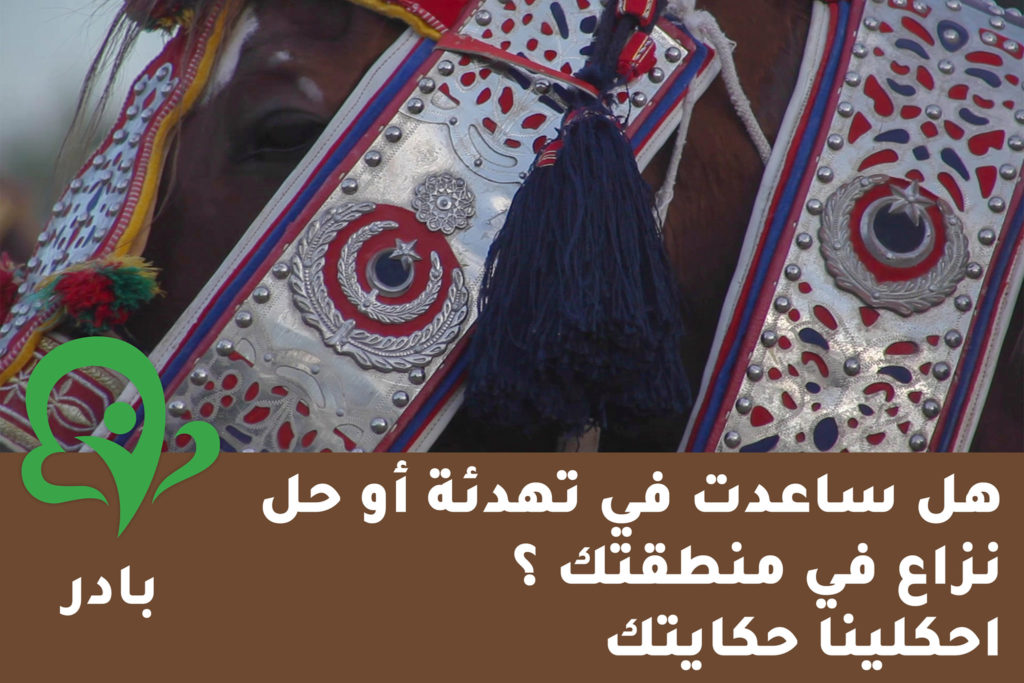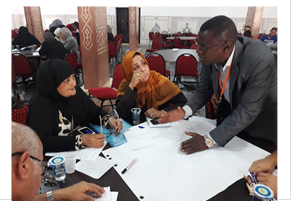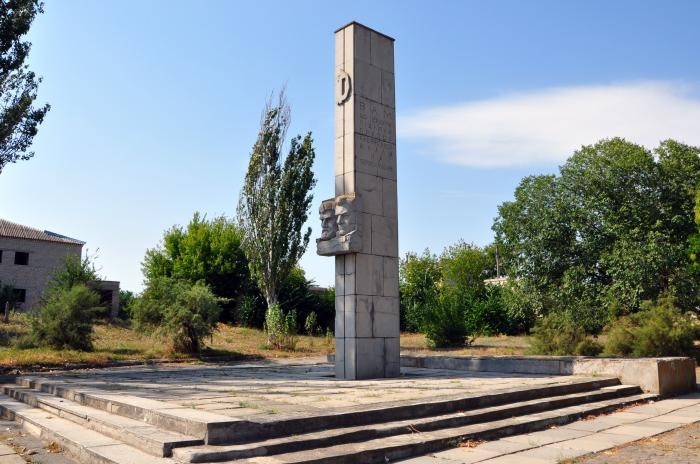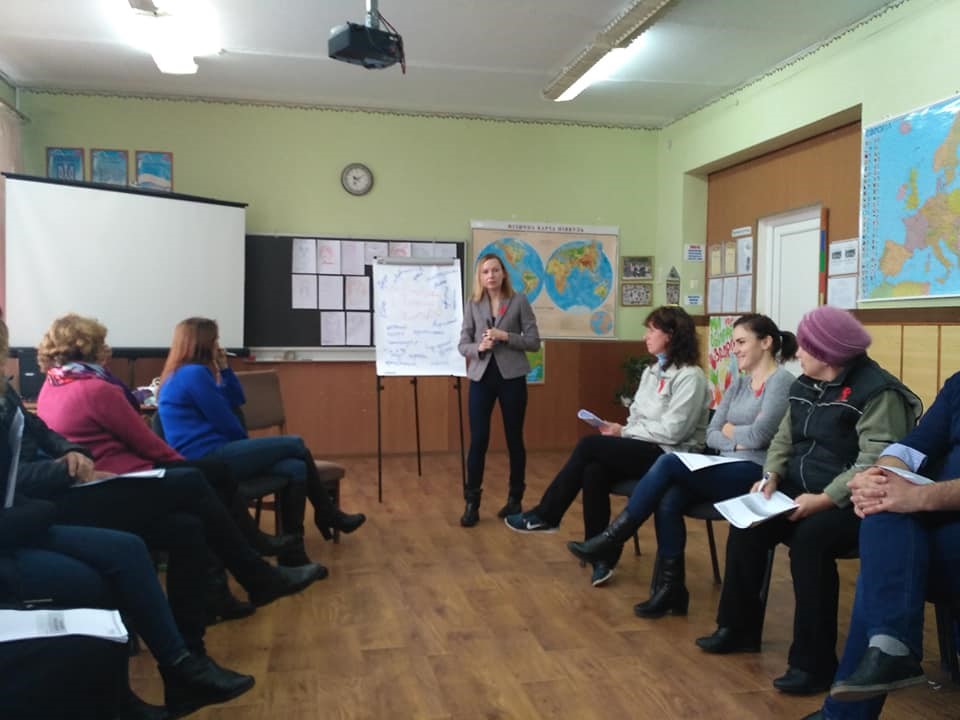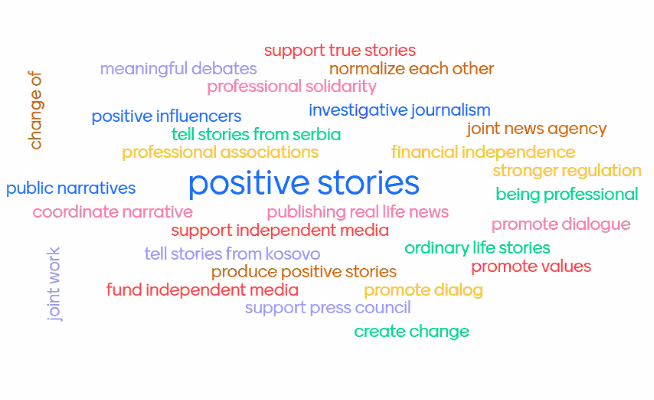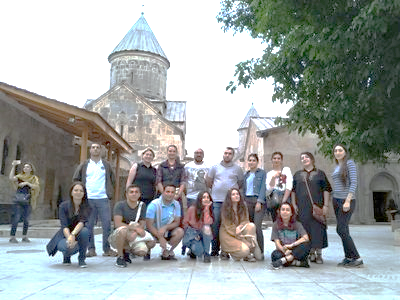
Peaceful Change initiative worked with an Armenian NGO, Youth Cooperation Centre of Dilijan (YCCD), to promote youth participation in decision making related to peace and governance issues. This supports UNSCR 2250, which urges governments to include youth participation in local, national, and international institutions, in efforts to end conflict.
15 young activists from Yerevan, Tavush, Shirak, Lori, Kotayk and Ararat regions participated in the six-day training held in Dilijan in August 2019. They were equipped with the skills to become ‘trainers’ and take their skills back into their communities, to work with other young people to engage them in peace and governance issues.
The training was structured around a Training Manual that had been developed with support from PCi. It sought to improve understanding, among the youth, of peace and peacebuilding in Armenia, and explained the basics of conflict transformation.
Arman, a 28-yearold civil society activist, said: “It was useful to know that peace is not just a general term and that it can be used in both a positive and negative way.” It also sought to develop communication skills that support non-violent dialogue and outlined approaches and tools that support the development of action plans for youth engagement in governance in Armenia.
Following the training, Marika, a 26-year-old teacher, said: “Now I am ready to go back to school and to work with the new materials, the Training Manual will be very helpful!”
Download the training manual in Armenian here
